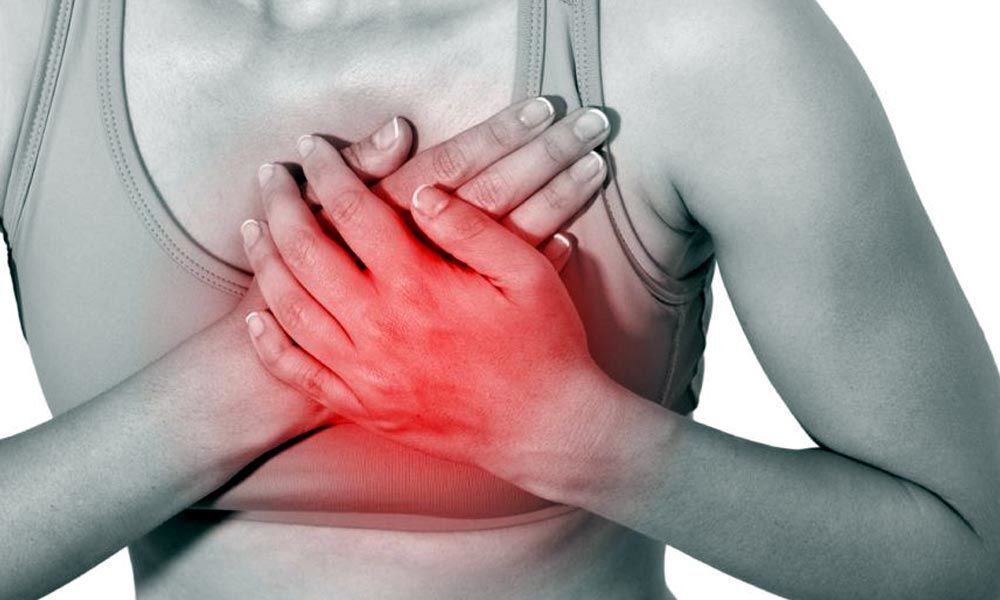Decoded: Why women get heart attacks later than men

Although women develop coronary artery disease (CAD) almost 10 years later than men as scientists have attributed this decade-long delay to the protective effects of sex hormones
London: Although women develop coronary artery disease (CAD) almost 10 years later than men as scientists have attributed this decade-long delay to the protective effects of sex hormones, the heart disease finally catches up with women owing to the presence of "fat-absorbing" XX hormones.
There is a lot of evidence that hormones like estrogen and progesterone protect the heart, but scientists had little data on the influence of the genetic component -- the X chromosome -- on the heart.
New research at the University of Kentucky has confirmed that the presence of XX sex chromosomes increases the amount of fat circulating in the blood, which leads to narrowing of the arteries and ultimately a higher risk of heart attacks and coronary artery disease.
The team looked at lipids absorbed from the diet and made in the liver.
"We looked at how our X sex chromosomes were influencing the levels of lipids in the blood and in the arteries," said Lisa Cassis, a researcher in the UK College of Medicine, in a paper published in the journal Nature Communications.
What they found is that an XX sex chromosome combination promotes efficient use of fat.
Women need fat to bear and feed babies, Cassis explained.
"We're set up, potentially through our XX sex chromosomes, so that we can effectively absorb that lipid from the diet and put it into our fat cells and maybe even make it in the liver."
Cassis's team studied chromosome effects in mice, and for this most recent discovery, they were able to zero in on XX chromosomes by removing hormones.
According to Yasir Al-Siraj, a post-doctoral scholar and the paper's first author, if the levels of circulating lipids transported by the blood are too high, they will start to accumulate in and on the artery wall, leading to plaque buildup.
These plaques harden and narrow the artery, reducing blood flow to the vital organs.
Everything is fine until women hit menopause and the protective effects of hormones disappear, leaving women with, what Cassis calls, "that XX thrifty, fast-absorbing kind of genotype."
The team is looking at genes that are changed in the liver and in the intestine to find novel targets for drug development. If they can find target genes that influence atherosclerosis, scientists can then explore the effects of existing drugs or develop new ones.
"We don't know if our findings are due to the presence of two X chromosomes or due to the absence of the Y chromosome," said Al-Siraj.
These findings may also drive the choice of diet for post-menopausal women.
"For example, if they're very effective fat absorbers, obviously, once they get post-menopausal, they need to be careful about the fat content," added Cassis.











